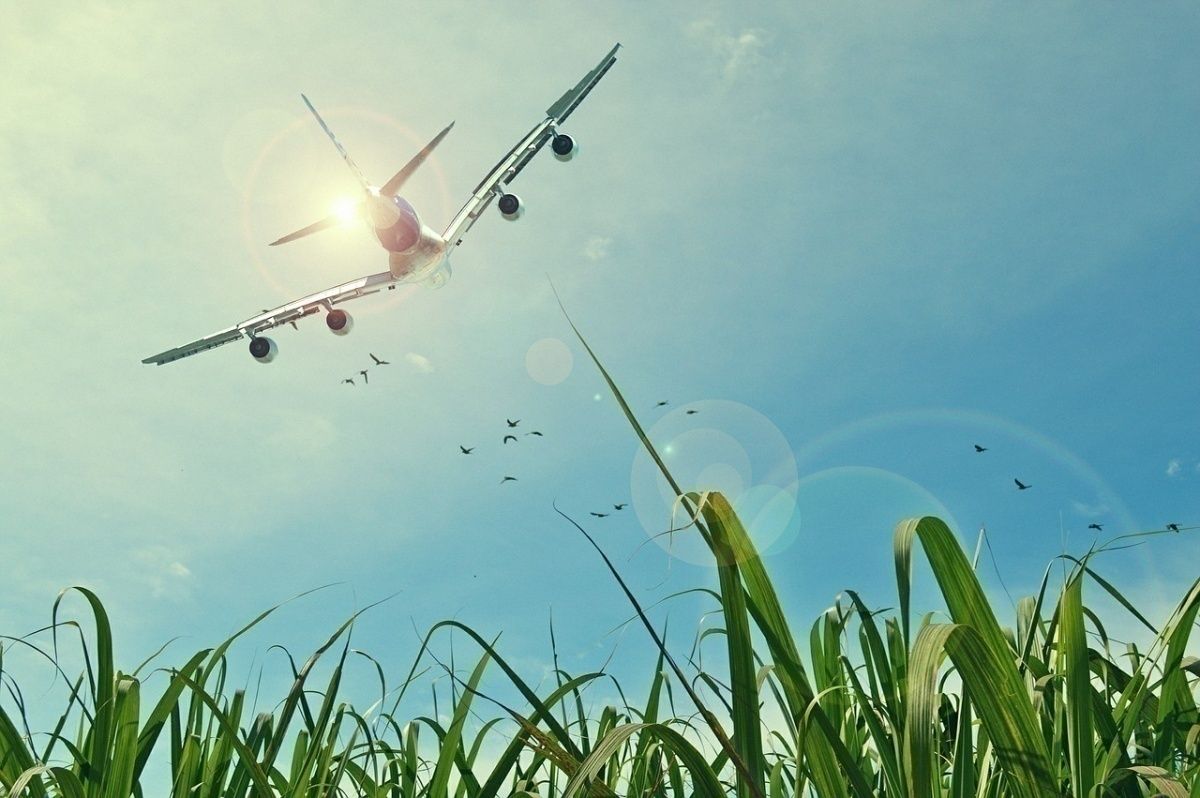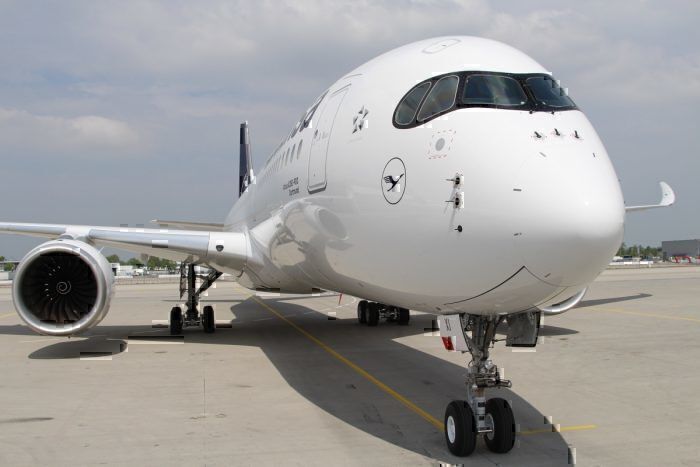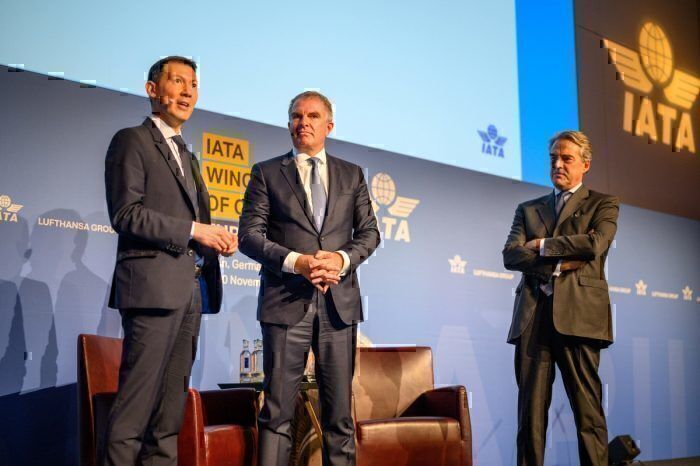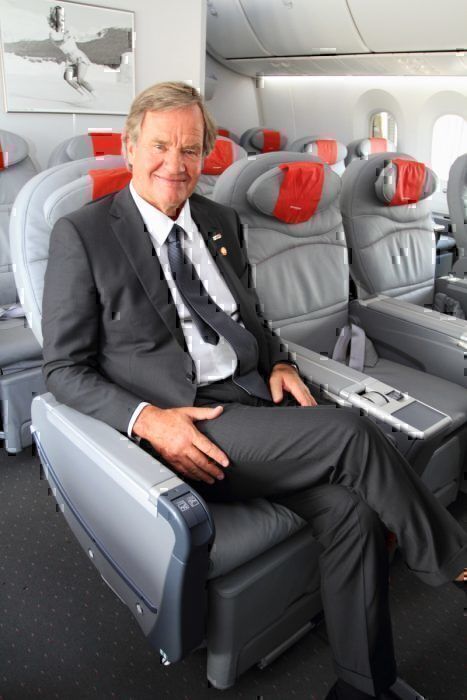When the idea of environmentally focused aviation taxes was first floated, airlines were largely in support of the idea. Recognizing something had to be done to drive forward sustainability goals, most saw this as an opportunity to work together with their governments to lay a path to climate-friendly travel for the future.
However, in those countries where an aviation tax has been implemented, it’s not working the way it should. In those which are proposing to introduce it soon, it’s not been structured in the way it should. Aviation taxes are letting the industry down. Here’s why.
Lufthansa CEO has an issue with aviation tax
Germany’s aviation tax levies a charge per passenger of between €7.50 and €42.18, depending on where the flight is traveling. Last year, these taxes raised around €1.2bn for the government. The government has been kicking around the idea of drastically raising these taxes in the future, to as much as double the current rate.
CEO of Lufthansa, Carsten Spohr, is not happy with these taxes, but perhaps not for the reason you might think. It’s not the tax he objects to, but the way the money is used. He explained his worries at the recent IATA Wings of Change conference.
“We have the second highest taxes now in Europe. I don’t really mind the tax as much as I mind the fact that it doesn’t go back to the industry and the environment. You could indeed argue for taxes for aviation, but then it should be the same across Europe.”
Not only does Mr. Spohr argue that the playing field should be leveled across the continent, but he also wants to see that money being plowed back into projects that will have a positive impact on the environment. He continued,
“We have investment needs for air traffic management, there are investment needs for new aircraft … there could be a lot of ways to put that €1.2bn back into the industry and to really serve the environment. But that is not happening.”
Germany has been mulling over the idea of using taxes collected from air passengers to work on environmental projects. These may include some of Mr. Spohr’s suggestions, but may also include things like sustainable aviation fuel development too. If that happens, it sounds like they will have Mr. Spohr’s full support. For now, however, he is woefully dissatisfied with the current situation.
“Right now, it’s a burden on passengers by with no benefit to the environment. That was never the idea.”
Air France-KLM is largely in agreement
During his interview at the same IATA conference, Air France-KLM CEO Ben Smith had a similar opinion to the Lufthansa boss. Smith branded proposed French taxes “unfair”, and said that the money collected from such taxes will go to fund their competitors in France. Specifically, he said that it is planned to be used to fund road and rail transportation.
He described the Air France stand on aviation tax as “vehemently opposed”. He too thinks that the revenues generated by taxing aviation should be plowed back into projects that will make a difference. Right now, he says that the tax, in the form it has been proposed, will do nothing but stop airlines becoming more climate-friendly. He said,
“A great way for us to become more environmentally friendly is through investments in technology. The less profitable we are, the more difficult this will be to do.”
The French ‘eco-tax’ is planned to range from €1.50 to €18, and will be rolled out in 2021.
The boss of Norwegian has another take
Not known for following the crowd, ex CEO and current President of Norwegian, Bjorn Kjos, has another issue with taxes. His bugbear is in the way in which it is applied, being a per passenger tax rather than relating to how much that flight or aircraft actually pollutes
“If you think about it, the winner is the company that flies the private airplane, because the tax is per person. It doesn’t have anything to do with pollution or emissions.”
He makes a good point. A blanket aviation tax punishes those airlines that are investing in newer, more efficient aircraft just as much as those which are flying older, more polluting models. In fact, the only real differentiation is that those flying a larger aircraft will pay less tax per flight than those using a smaller one.
What’s the solution?
It seems that there’s a lot of work to be done before aviation taxes really start working the way they should. Across the board, it seems airlines are largely in support of a ‘green’ aviation tax, but not just as a cash cow for the respective governments.
If we are to make flying more expensive for the passenger, less profitable for the airlines and economically damaging for the country in which it is applied, shouldn’t that money should be plowed back into making aviation more sustainable?
The need to travel is not going away. With some cash injections at the right times and in the right places, we could make the future of travel a whole lot less damaging.




